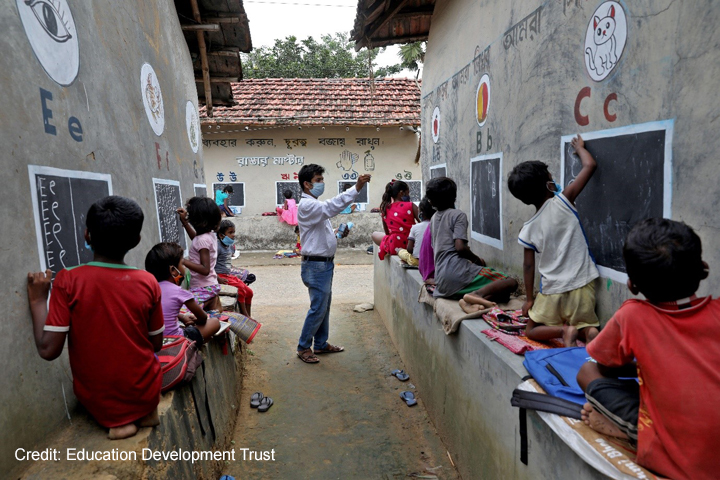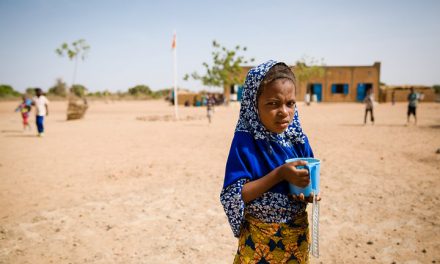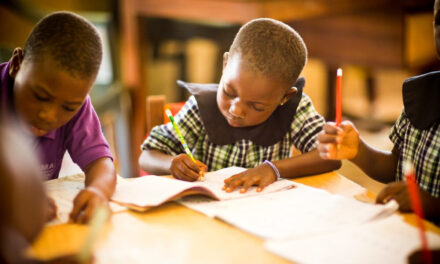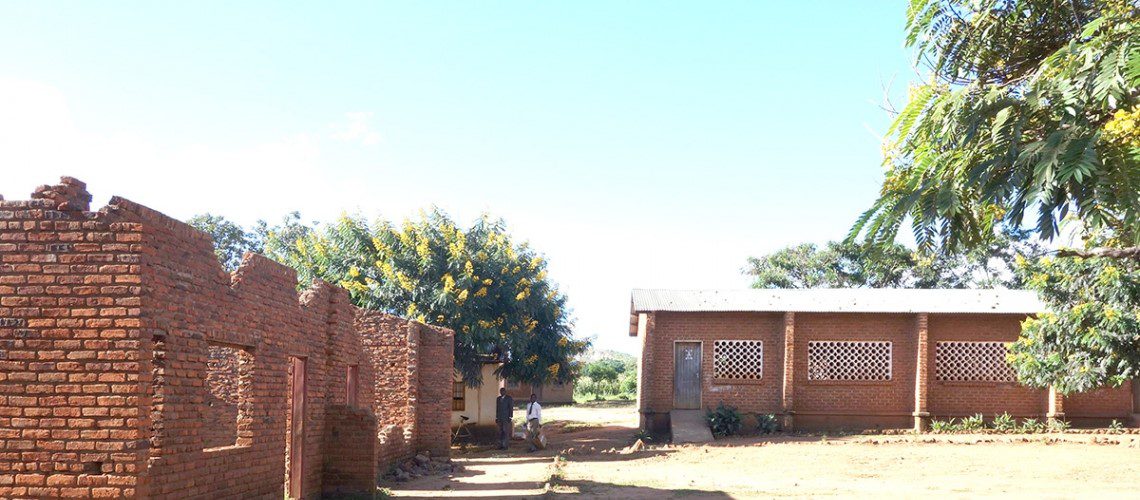This blog was written by Dr Leanne Cameron, Senior Consultant at Education Development Trust, with support from Dr Monazza Aslam and Dr Shenila Rawal, Oxford Partnership for Education Research and Analysis (OPERA), and David Childress. Education Development Trust is an international not-for-profit organisation working to improve education outcomes around the world. The organisation seeks to improve education and transitions into work through expert research on what works, and the team of experts deliver highly contextualised programmes designed to transform education systems, schools and lives. See the Education Development Trust website for more about their research and consultancy programmes.
Starting in 2014, the ESRC and FCDO’s £20 million joint Raising Learning Outcomes (RLO) programme has spanned 20 countries, with 30 projects spread over three funding calls. Projects funded through the programme have produced a significant portfolio of research which provides policymakers, practitioners and the global education research community with rigorous and contextualised understandings of how to improve learning in low- and middle-income contexts. As the name suggests, emphasis was on efforts to raise learning outcomes for all children, including attention to issues relating to gender and disability. Research acknowledged that improving learning outcomes is a complex process, given that it is influenced by a range of dynamics embedded within particular contexts in differing systems. The research was funded under three separate but complementary themes which examined ‘effective teaching’, ‘challenging contexts’, and ‘accountability’.
To widen the impact of the research and ensure that findings can be disseminated as a global public good, the ESRC/FCDO commissioned a small research team at Education Development Trust/OPERA to produce synthesis products which would consolidate evidence from across the programme and set out emerging policy lessons, as well as inform. In total, the research team examined 115 outputs, including journal articles, book chapters, working/technical/background papers, conference papers or presentations, policy briefs, and blogs; at the time of the work, 21 of the 30 projects had self-reported outputs which were available for analysis. Across this very diverse library of outputs, three synthesis reports were produced, each capturing one of the three themes, which are briefly summarised here.
The Effective Teaching call and resulting synthesis report subsumes the largest body of RLO research, covering 67 research outputs from 12 projects in 17 countries from Asia, Africa, and Central America[i]. The projects focused on diverse themes, ranging from examinations of social exclusion, critical thinking, teaching methods, early childhood education, approaches for learners with disabilities, and STEM pedagogies, to teaching approaches suited to rural schools and conflict-affected contexts. Amongst the many policy lessons from this report, key findings have furthered understanding of the role of the teacher, particularly in conflict and crisis settings, as the critical point of interaction between the education system and the community it serves. Meaningful teacher buy-in, at multiple stages of the reform process, is thus essential for raising learning outcomes, especially with the many changes that systems are currently undergoing in the COVID-19 era. But the findings also demonstrate the limited utility of universal policy advice and instead point to the importance of context-specific and iterative approaches.
The second call and synthesis report, which examines Challenging Contexts, drew on a smaller research body, comprised of 25 outputs from five projects deployed in four country contexts: India, Laos, Lesotho, and South Africa. Research here captured the challenges that children in rural and remote areas, urban slums, and border cities face in accessing equitable, quality education. Themes examined within the report are related to aspirations, multilingualism, capabilities and epistemic justice, as well as school management, leadership, and governance. Given the wide spread of topics within the small research body, it was less possible to generate cross-sectional learning. However, across policy lessons, it is clear that attention to the lived realities of learners – their aspirations, their language identities and skillsets, and their knowledges and capabilities – needs to be foregrounded in designing interventions to improving their learning outcomes and experiences.
Finally, the Accountability report was drawn from the third RLO funding call and covers six projects spread between Afghanistan, India, Liberia, Malawi, Pakistan, and South Africa, which produced 23 research outputs. Research captured unique and contextualised approaches to accountability and monitoring that emphasised culture and trust. A key cross-cutting finding was around relational accountability: to improve learning outcomes, schools and systems must shift away from ‘box ticking’ data collection and actually work to promote democratic participation in partnership with students themselves, parents, and key community members.
While it can be difficult to provide high-level findings across such diverse research areas and contexts, there were several cross-cutting findings that are reflected in all three reports. First, multiple projects reflected the importance of quality, contextually-relevant, and current data. Rather than relying on assumptions of neutrality, ‘standardised’ tools developed in Global North contexts need to be trialled in Southern contexts. For example, RLO research interrogated assumptions around disability measurement instruments and identified the lack of comprehensive and cross-culturally validated tools that can identify those individuals who face activity limitations and functioning disabilities. The theme of community engagement and multi-stakeholder buy-in also cut across the three reports.
Other RLO research demonstrated that community-school partnerships are needed to shift accountability dynamics, especially where teachers and schools tend to be primarily accountable to education authorities rather than to the communities where they work, which, in turn, has particular consequences for more disadvantaged learners. Finally, all three reports reflect a tension that cuts through nearly all education research, namely the need to balance global evidence that can be applied across contexts, with that which is context-specific and localised, including local knowledges, local values, local innovations, and even local research methodologies. Indeed, this tension goes unresolved, and policy lessons across the projects continue to point to the importance of the local and the relational.
In sum, the three synthesis reports provide important lessons for practitioners working on the challenge of raising learning outcomes. They draw together a diverse body of knowledge that will continue to broaden and evolve as RLO projects continue to publish – providing more granular and context-specific understanding of learning improvements. Further details on the themes and findings described here, along with a detailed description of the methodology for producing each synthesis, are included in each separate report document.
[i] This theme was the earliest to be funded and, therefore, more time has elapsed for research to be produced. Research from the latter two themes continues to emerge as they were funded later.





